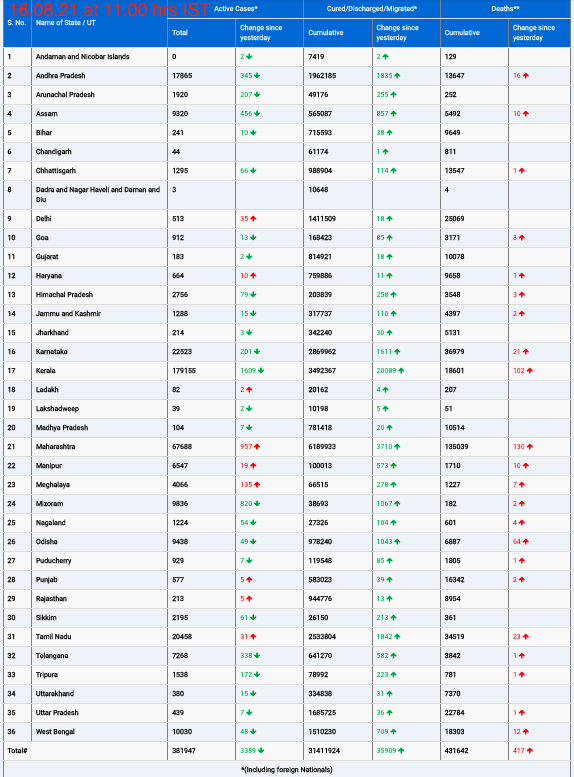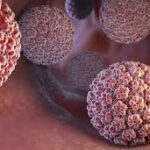Baltimore, MD – The National Institutes of Health (NIH) has announced the commencement of human clinical trials for LASSARAB, a groundbreaking vaccine candidate designed to protect against both Lassa fever and rabies. The Phase 1 trial, currently underway at the University of Maryland School of Medicine, marks a significant milestone in the fight against Lassa fever, a viral hemorrhagic disease prevalent in West Africa.
Lassa fever, transmitted by multimammate rats and capable of human-to-human transmission, can lead to severe complications, including fatal outcomes and permanent hearing loss in up to one-third of infected individuals. Currently, no specific treatments or approved vaccines exist for this disease.
The candidate vaccine, LASSARAB, developed by a research team at Thomas Jefferson University, has shown promising results in preclinical studies. In research published in 2024, Matthias Schnell, Ph.D., and his team demonstrated that two doses of LASSARAB provided complete protection against lethal doses of the Lassa virus in nonhuman primates.
“The progression of this candidate from the lab to a first-in-humans clinical trial is a promising step towards a vaccine to prevent Lassa fever,” stated NIAID Director Jeanne Marrazzo, M.D., M.P.H.
Trial Design and Objectives
The Phase 1 trial aims to assess the safety and immunogenicity of LASSARAB in healthy adults. The study will enroll up to 55 participants aged 18 to 50, who will receive two injections, 28 days apart, of either LASSARAB at varying concentrations or a licensed rabies vaccine as a control.
LASSARAB is a modified, weakened rabies vaccine that expresses both rabies proteins and the Lassa virus glycoprotein precursor complex (GPC). This dual-targeting approach could potentially provide protection against both rabies and Lassa fever.
If the trial demonstrates that LASSARAB is safe and elicits a robust immune response, it will pave the way for further clinical trials and eventual FDA approval.
Information about the trial can be found on ClinicalTrials.gov, using the identifier NCT06546709.
Disclaimer: This news article is based on information available at the time of writing. Clinical trials are subject to change and may not always yield positive results. The information provided should not be interpreted as medical advice. Readers should consult with healthcare professionals for any health-related concerns.












